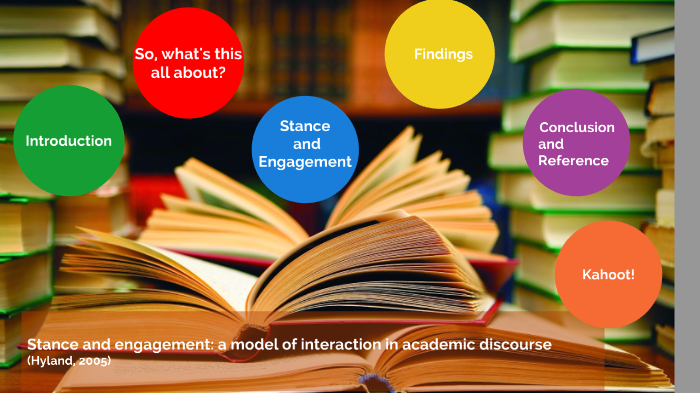Thonney, a PhD. in English at Columbia Basin College, pleads in her article that academic writing has many techniques and features that are mutual when talking about different disciplines throughout the college’s first and second-year curriculum. She suggests that students should learn these features in order to excel in academic writing. This paper is an amalgam of the findings that the author has concentrated on by overviewing twenty-four articles from six different disciplines. As a result, she has outlined six basic features that can help students tackle academic writings of different genres in a more formal way.
In the first point, the writer discusses how students, while writing their papers, summarize the viewpoints of other authors who have already documented their thinking regarding that topic. This step lays emphasis on how important the topic under discussion is, whereas sometimes the writer starts with the conclusion of previously written articles hence trying to fill the research gap in the literature. Students should be assigned essays on a regular basis to enhance their capabilities to abstract the core meaning, critically analyze and generate their own opinion on the already available literature.
Then the writer explains how the student should accentuate the importance of his topic by adding a thesis statement, hypothesis or subheadings in the topic. They should tackle unresolved issues, focusing on how their paper has a purpose as they try to sell their paper to their professors. Their papers should end mostly with either a review or a preview sentence, their opinion or a futuristic approach in regard of that topic. Another important aspect that the writer addresses is that while writing essays, students should be aware of the fact that their views might not be welcomed by the mass. Hence, students should be able to differentiate between specifications, generalizations, and the appropriate use of hedges to tone down the ascertainment of their claims.
After the analysis of various articles of different disciplines, the writer demonstrates the challenges students face while “authorizing” their papers. While the majority of the writers in medicine, psychology, and marketing biology use the first person and active voice construction while describing their work, writers in marketing papers prefer using the third person. Therefore, teachers should teach the students how to improve the authority of their essays while maintaining the high quality of the paper by adding more lexical words to it.
In the fifth point, the author shows how academic prose stands out by the usage of lexical bundles that constitute 20 percent of the total words of any academic paper. In her analysis, either student do not use such formal vocabulary or they fail to imitate its usage as the published writers do. Additionally, what contradistinguishes one academic paper from another is the use of the specified language of the discipline that the author uses. Corpus-based research assignments can help students to note these repetitive technical words and their formal and proper use in an academic paper.
An academic writer improves the worth of his paper by adding graphs, charts, images and tables in it that statistically represent the findings of the paper. In this paper, the author observes that students possess the “language gap” which restraints them from understanding such diagrammatical representations in papers, because of which many writers and professors, in addition to the author, suggest of practising multimodal assignments to improve the writing and presenting skills across the curriculum.
In the end, the author summarizes her findings from different over-viewed articles. She suggests that students should be encouraged to read authentic academic writings of different disciplines. This would help them in understanding the language, the variability and the different forms of citations used in various academic writings, hence teaching them the dynamicity it possesses. Teachers should help students deduce not only different academic writing principles of their own discipline but general principles as well.
